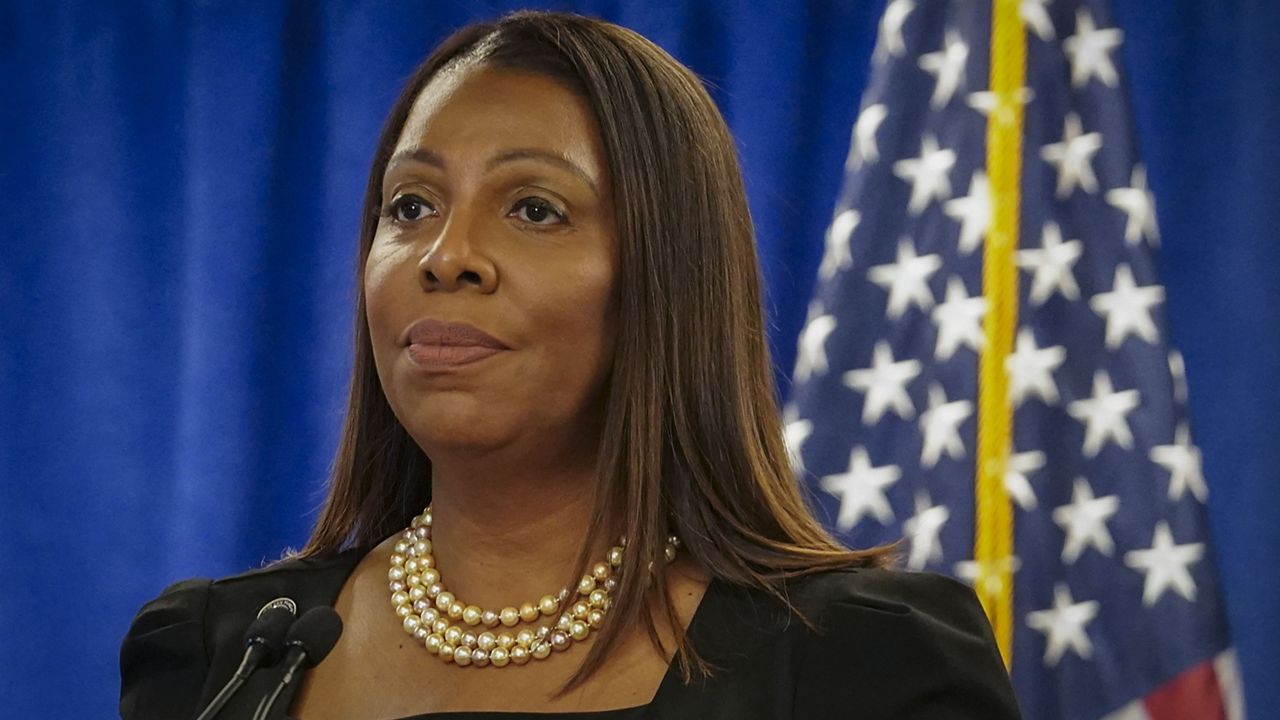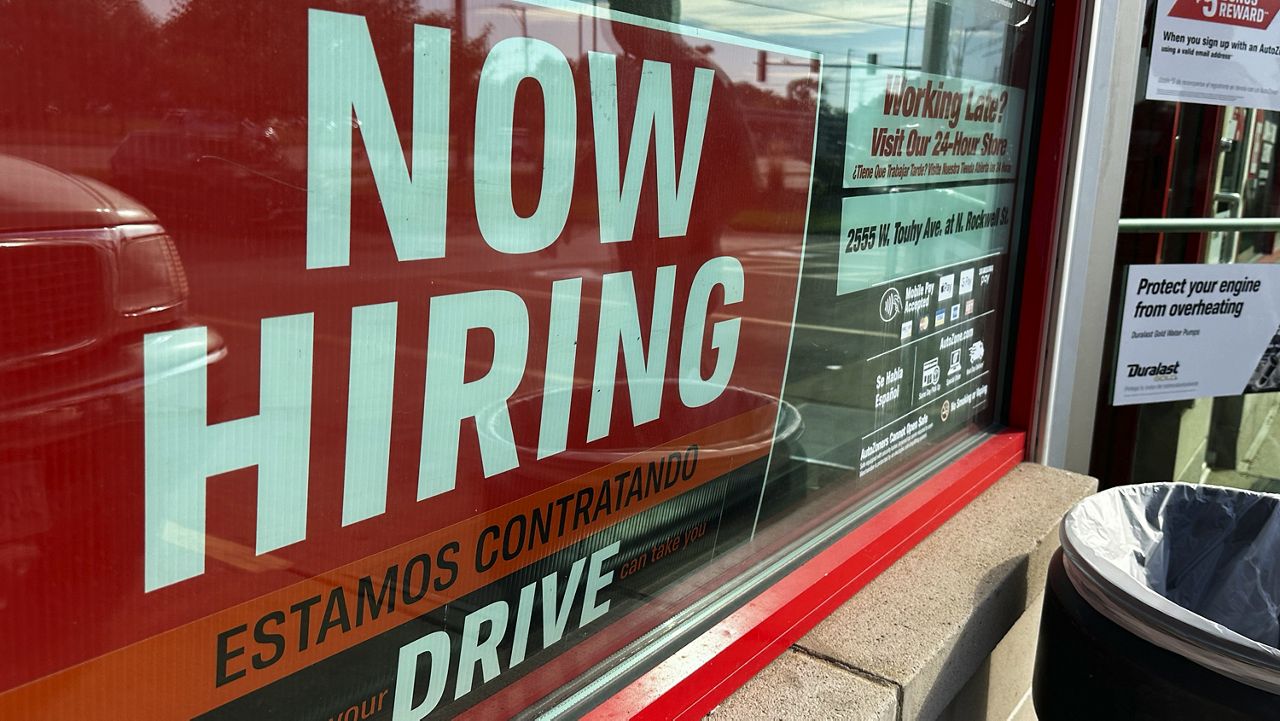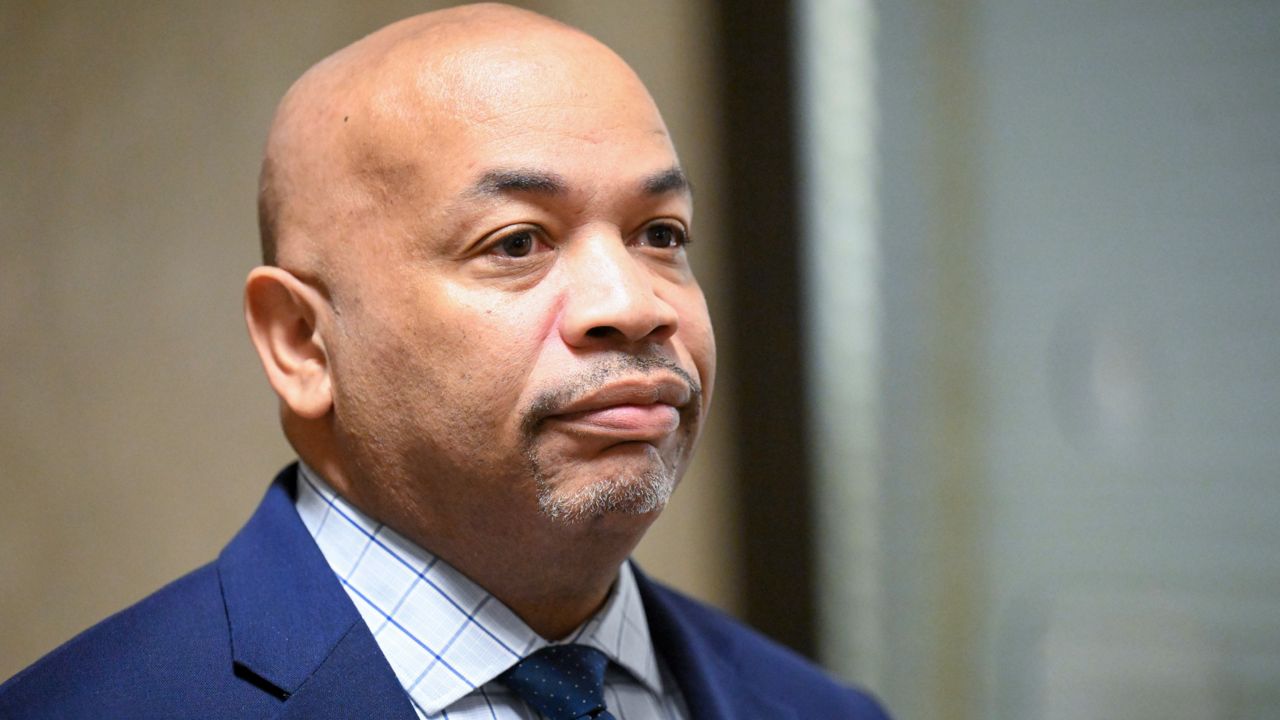Local government officials in New York have a mixed assessment of how Gov. Kathy Hochul's $227 billion budget proposals will affect municipalities throughout the state.
And a lot depends on where you stand in local government.
For mayors of villages and cities as well as county government leaders, the budget plan raises questions over funding and aid from the state as well as concerns over local control. County clerks, meanwhile, could benefit greatly.
At the county level, officials are worried about a proposed shift in Medicaid costs that are meant to keep costs down in administering the programs. Mayors in New York, who are set to meet today in Albany for their winter meeting, want more direct aid from the state government after years of flat funding.
But county clerks whose offices perform local Department of Motor Vehicles services praised the budget plan for increasing the retention rate for fee sharing.
Local governments are often the first point of contact for New Yorkers, providing and administering basic services as well as levying property taxes. But local governments, from New York City to the smallest village, are creatures of the state, making what happens each year in the state budget especially important to them.
The New York Conference of Mayors is scheduled to hear today about Hochul's housing plan that will also enable the state to push qualifying projects through even if the plan is in conflict with local zoning rules. But already there is opposition brewing from mayors over the proposal.
Hochul wants to expand housing by 800,000 units in the coming years in order to grow the state's available stock and drive prices lower amid skyrocketing rents and real estate costs.
"Abandoning local governments, as this budget largely does, will only make New York a less attractive place to live and work," said New York Conference of Mayors Executive Director Peter Baynes. "To make matters even worse, the Governor also mistakenly lays New York's housing shortage problem at the feet of local officials and proposes to allow the State to override local zoning and land use decisions. Holding municipalities solely responsible for housing growth ignores the fact that not every community has the developable land or buildings, necessary infrastructure, sufficient demand or builder appetite to meet an arbitrary housing growth threshold set by a state government that cannot possibly know the needs and conditions of individual communities."
County governments, too, have worries: The budget could end up shifting Medicaid costs, one of their most expensive portions of their budgets.
"At a time when New York is facing an affordability crisis, the last thing the Governor should do is burden local taxpayers with more costs that will drive up the cost of homeownership and rent, increase business expenses and make New York more unaffordable," said Michael Zurlo, the president of the New York State Association of Counties.
But it's not all troubling news for local governments. Columbia County Clerk Holly Tanner praised the budget plan for proposing to change the fee-sharing arrangement between county DMVs and the state, which has not been adjusted since 1999. Since that time, more DMV functions have gone online, creating a "funding imbalance" with the state when it comes to keeping the fees.
Hochul's budget would increase the fee retention rate, an issue Tanner has raised. Hochul herself is a former Erie County clerk.
“For years, I publicly and continually advocated for a much-needed retention policy change to provide fairness for County DMV offices and ensure that more local dollars stay in local communities where the transactions took place," Tanner said. "I’m pleased and grateful that Gov. Hochul listened to my advocacy and the advocacy of my fellow County Clerks and took this important, long-overdue step that’s a huge win for localities."








